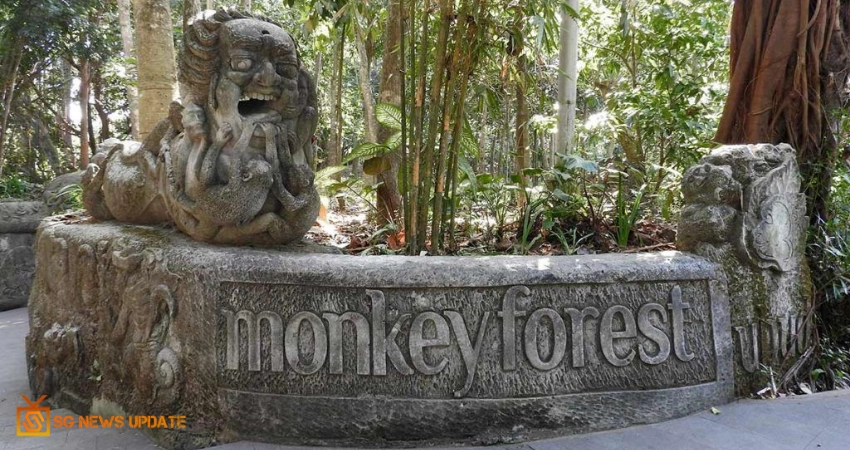
At the Uluwatu temple in Bali, monkeys mean business. The quite a long-tailed macaque who wander the old site are notorious for shamelessly ransacking clueless sightseers and sticking on to their assets until food is offered as bribe payment.
Scientists have discovered they are likewise talented at judging which things their casualties esteem the most and utilizing this info to augment their benefit.
Astute macaques want to target things that people are destined to trade for food, for example, electronic stuff, instead of items that vacationers care less about, for example, hair bands or void camera packs, said Dr Jean-Baptiste Leca, a partner educator in the brain research division at the University of Lethbridge in Canada and lead creator of the investigation.
Cell phones, wallets and power glasses are among the high-esteem assets the monkeys intend to take. "These monkeys have become specialists at grabbing them from distracted vacationers who didn't tune in to the temple staff's proposals to keep all assets inside zipped purses immovably tied around their necks and backs," said Leca.
In the wake of going through over 273 days shooting connections between the creatures and temple guests, specialists found that the macaques would request better rewards –, for example, more food – for higher-esteemed things. Dealing between a monkey looter, vacationer and a temple staff part regularly endured a few minutes. The longest stand by before a thing was returned was 25 minutes, including 17 minutes of negotiations. For lower-esteemed things, the monkeys were bound to finish up effective dealing meetings by tolerating a lesser prize.
Not at all like numerous past investigations that have analysed comparable conduct, the macaques at Uluwatu, a Hindu temple, are free-running creatures and were not being seen in a research center setting.
Such practices are found out by the monkeys all through juvenescence, up until they are four years of age, as per the examination, which was financed by the Natural Sciences and Engineering Research Council of Canada (NSERC) and the Alberta Gambling Research Institute (AGRI) and distributed in Philosophical Transactions of the Royal Society.
Ransacking and bartering is a statement of social insight with respect to the monkeys, said Leca. "These practices are socially learned and have been kept up across ages of monkeys for in any event 30 years in this populace." While temple staff at Uluwatu are available to ease monkey-traveler relations, dealing with the creatures is a test in numerous different regions of the world. Pillaging monkeys are infamous for raising a ruckus across India – eating ranchers' yields, attacking homes in towns and urban communities the same, and in any event, mobbing a wellbeing staff and snatching blood tests from Covid-19 tests.
There are worries that, in numerous locales, monkeys have become more forceful in light of the fact that the pandemic has left them with little to eat. In Thailand, authorities started sanitizing monkeys in Lopburi, a city celebrated for its macaque populace, a year ago. The absence of vacationers during the pandemic has left the creatures hungry, and progressively difficult to live close by.
Coming Soon...!
Comments (0)